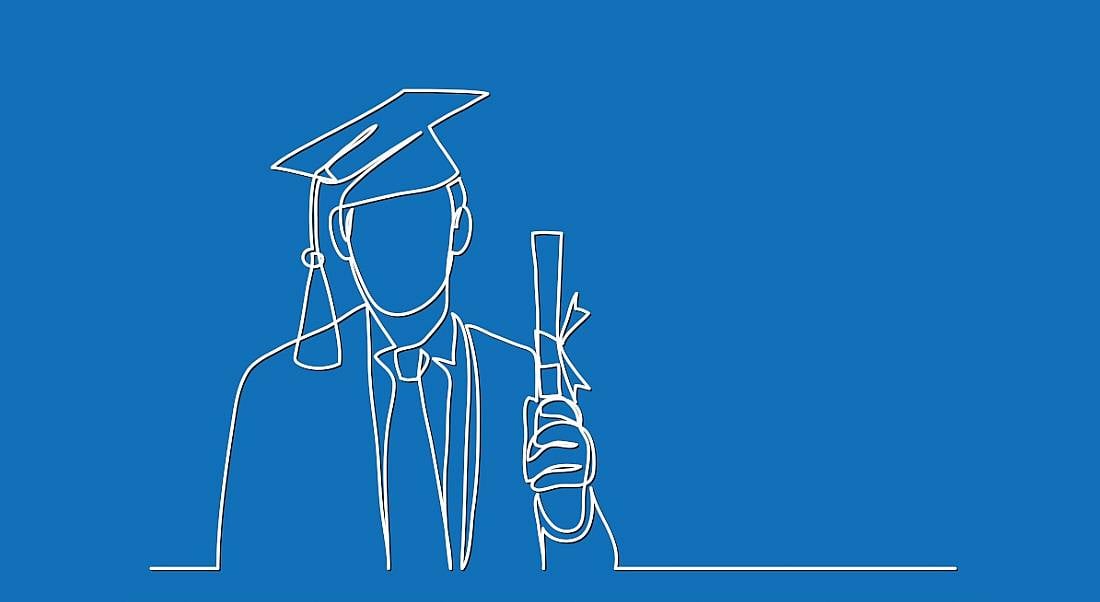Getting a foot in the door in an graduate programme can make a huge difference to your career path, as Mark Hayden discovered during his time so far in the Citi innovation lab in Dublin.
Citi Group, like many other leading STEM employers, offers a two-year graduate programme to young people looking to explore a career in IT. Having access to people with a wealth of experience in various departments of tech is one of the unique benefits of the programme.
Here, Mark Hayden explains how this rotational experience leads to a fuller exploration and understanding of the tech side of the international banking industry.
‘The graduate programme gave me my first experience in the data science field within banking and set me on my current career path.’
– MARK HAYDEN
What did you study in college?
I studied a BSc in computing. It was a general-purpose course that covered a lot of areas such as software development and mobile application development.
With the Citi graduate programme, are you now working in your desired industry?
Yes, I’m working in Citi’s innovation lab in Dublin. I’m working as a member of the data science team, where I get hands-on experience with machine learning and big data technologies. It has been a great experience as my first job since I left university and I’ve learned a lot, especially in just over a year since I joined the lab.
What drew you to Citi when you were seeking work as a graduate?
I found the structure of the graduate programme very interesting. It’s a two-year programme where you rotate to a different team after one year, giving you the opportunity to see different sides of the business. That isn’t an opportunity you get in every company. It’s a great way of networking and experiencing different technologies.
What expectations did you have before you began the programme?
Having previously worked in IT support roles, I was expecting that the transition to the banking sector would be a difficult one. However, I found that Citi provides a lot of on-site training where they introduce you to banking and a lot of the systems and terms you’ll encounter as a developer. All of my colleagues have been really helpful as well, if ever I come across any banking terms I’m not familiar with.
What duties and responsibilities were you given initially?
On my first rotation, I worked on a number of data science and infrastructure projects where I was implementing the security layer of applications. I was working with a team based in India, working in the robotic process automation (RPA) field. It was a really interesting time that gave me my first experience in the data science field within banking and set me on my current career path.
Can you describe a typical day in your role?
I start the day by reviewing the work I’ve done the day before. I have a daily stand-up call with my team. I go through the work that I’ve done, the results and any issues that I came across. From there, each team member will get tasks to work on for the next day. The rest of the day I split between working on my tasks and connecting with other teams on the project.
I also like to spend some time trying out new libraries and technologies, either on my own time or through courses like Udemy. Tech is a fast-moving field, so I like to keep up to date with the latest trends.
How do your responsibilities compare to more experienced employees?
The responsibilities are very similar but would be based on my level of experience.
An example would be when I first started working on a data science project where we were developing a machine learning model. I was tasked with developing some of the features for the model, while a more experienced member of the team would have built and validated the model itself.
Do you feel more prepared for working life after completing this graduate programme?
Definitely. I’ve learned a lot after my two years on the programme, from writing my code to a certain standard to understanding the lifecycle of projects in development. I’m looking forward to my post-programme career in Citi and reusing the skills I’ve learned on the programme.
Why should someone apply to the graduate programme at Citi?
Citi puts a big emphasis on creating an environment where graduates can grow and learn new skills. As part of the two-year programme, graduates will rotate to a different team after one year so they can experience a different side of the business.
In my experience, everyone I’ve dealt with as a graduate has been really friendly and easy to approach about any topic.
Citi also promotes its employees, including graduates, attending training courses and networking events to help them further their career and experience new fields they may not be aware of. Overall, it’s a great company to work for.




